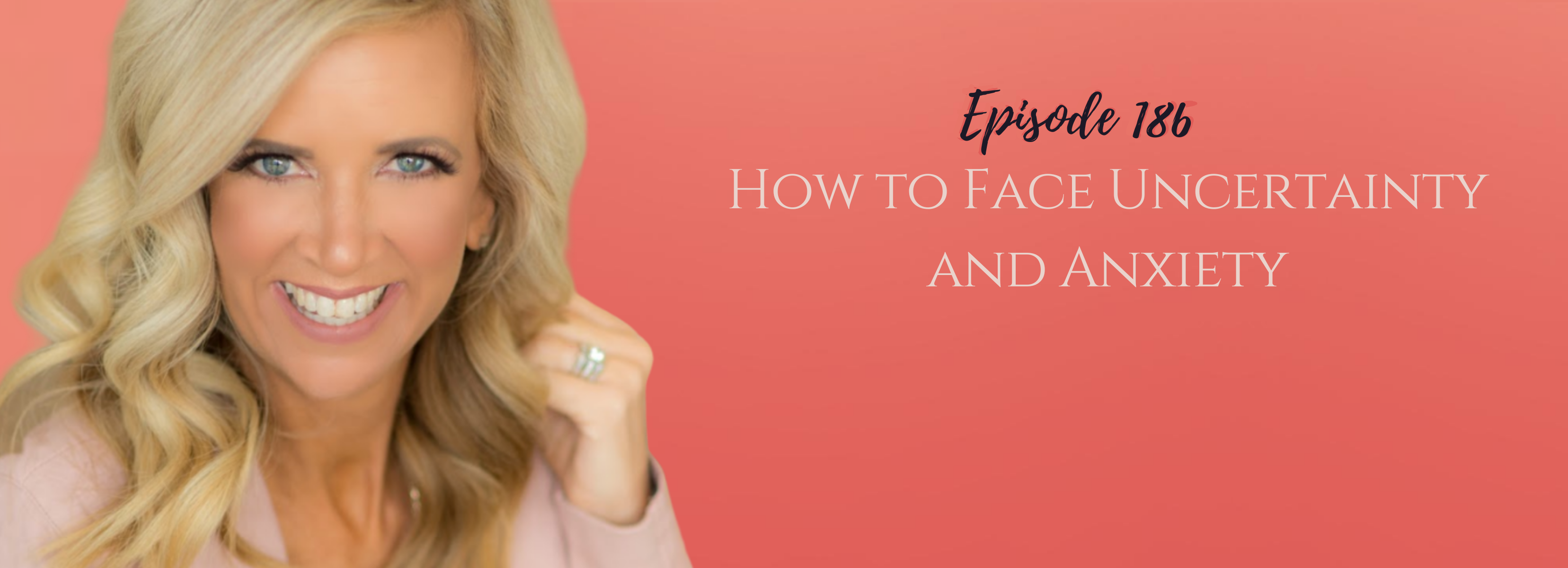
How to Face Uncertainty and Anxiety with Carrie Bock, LPC-MHSP | 11.9.2022
In this episode, Kristen talks with Carrie Bock, LPC-MHSP, owner of By the Well Counseling, about letting go of control and the ways to deal with anxiety and life’s uncertainties.
You'll Learn
- How to develop a tolerance for uncertainties
- How to let go of control
- Therapy modalities for anxiety
- Tips and strategies to cope with anxiety
Resources
For counseling services near Indianapolis, IN, visit www.pathwaystohealingcounseling.com.
Subscribe and Get a free 5-day journal at www.kristendboice.com/freeresources to begin closing the chapter on what doesn’t serve you and open the door to the real you.
This information is being provided to you for educational and informational purposes only. It is being provided to you to educate you about ideas on stress management and as a self-help tool for your own use. It is not psychotherapy/counseling in any form.
[fusebox_transcript]